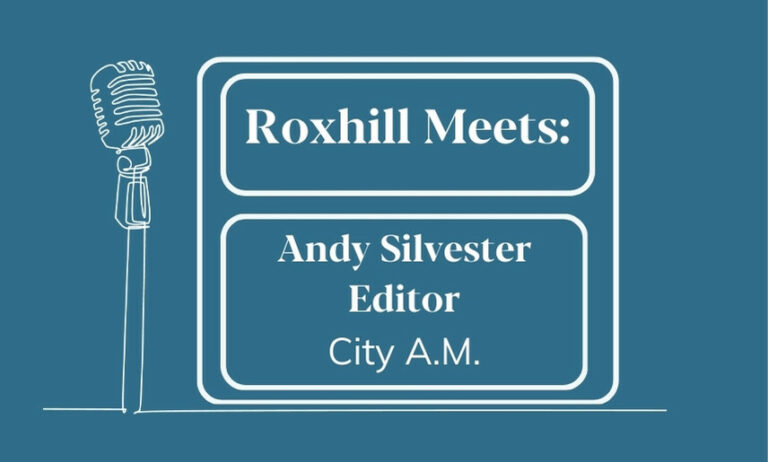
Tomorrow's Business Today
A Feud at The Guardian
“Guardian leaders clash over “who calls the shots” wrote The Telegraph last week. “Guardian feud spills over into boardroom” says The Times today.
There’s a power struggle between editor Kath Viner and group CEO Annette Thomas we read, indeed it is a “turf-war” so bad that one of them will have to go.
For the mostly male editors at The Times and Telegraph, a scrap between the top two women at The Guardian is a delicious proposition, so the stories may have got more space than the size of the actual business might merit.
That said, something is plainly up, we just can’t be quite sure what. The Guardian itself is not helping by giving no comment, but then newspapers are always awful at talking to the press – try getting a comment on anything out of the New York Times.
On the face of it, you’d be tempted to say the editor will win this one, since the paper cares far more about news than is does about commerce.
The Scott Trust, whose job it is to ensure the survival of the paper in perpetuity, tended to let Alan Rusbridger have his way, even when he was blowing tens of million on printing presses that later proved useless.
He did win a Pulitzer and turn a low circulation UK newspaper into one of the best read in the world too, rival papers tend not to mention.
It is also tempting to think that the Guardian, perhaps like the BBC, is going to get bashed by the rest of the media no matter what it does.
So editorial being reined in by the business side of the operation is reported as a massive row between the Ed and the CEO.
If the editor were given a free hand, The Times and Telegraph might regard that as the sort of corporate governance failure the Guardian is so keen to criticise in others.
Being a liberal media outfit in a commercial world is a tough game.

Press release of the day
Companies with LGBT-friendly policies perform better, says this from Aalto University School of Business and the University of Vaasa. They make more profits and have higher stock values, we are told – good. A question: if the “empirical findings” had shown otherwise, would the universities have put them on a press release? |














